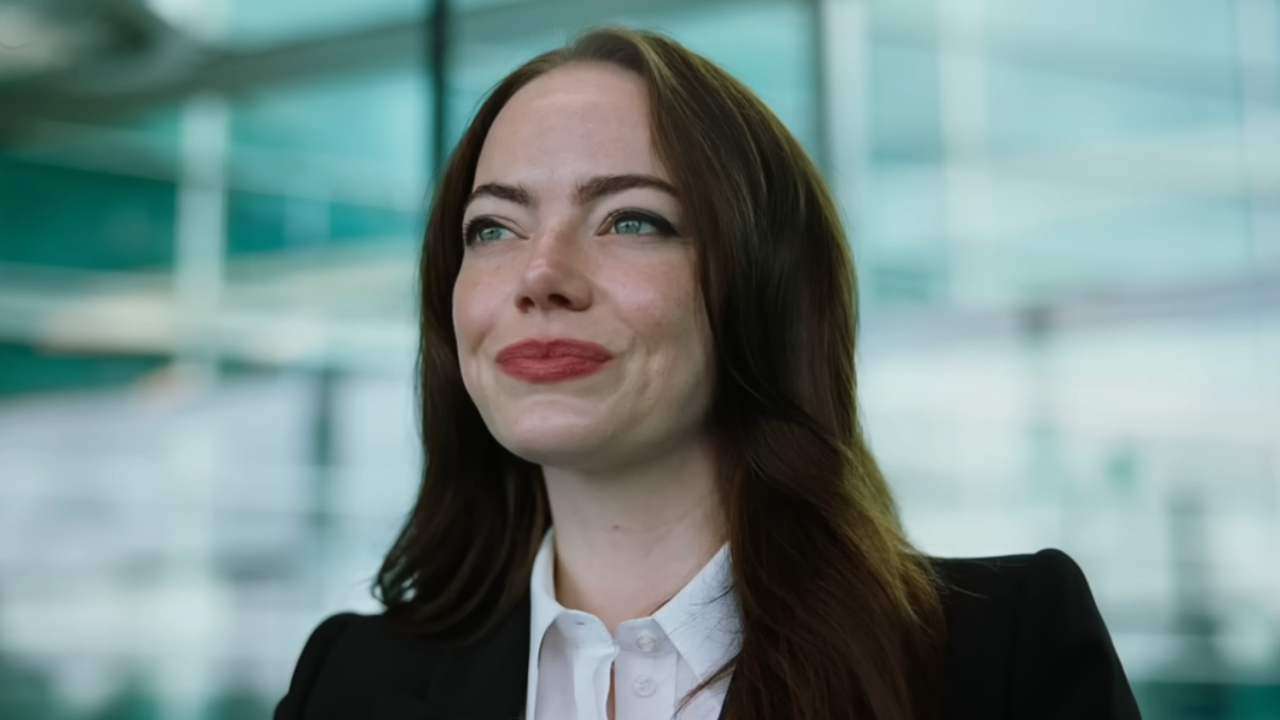I Watched Better Man, And Wasn’t Expecting This Profound Topic
The chimp makes so much more sense now.
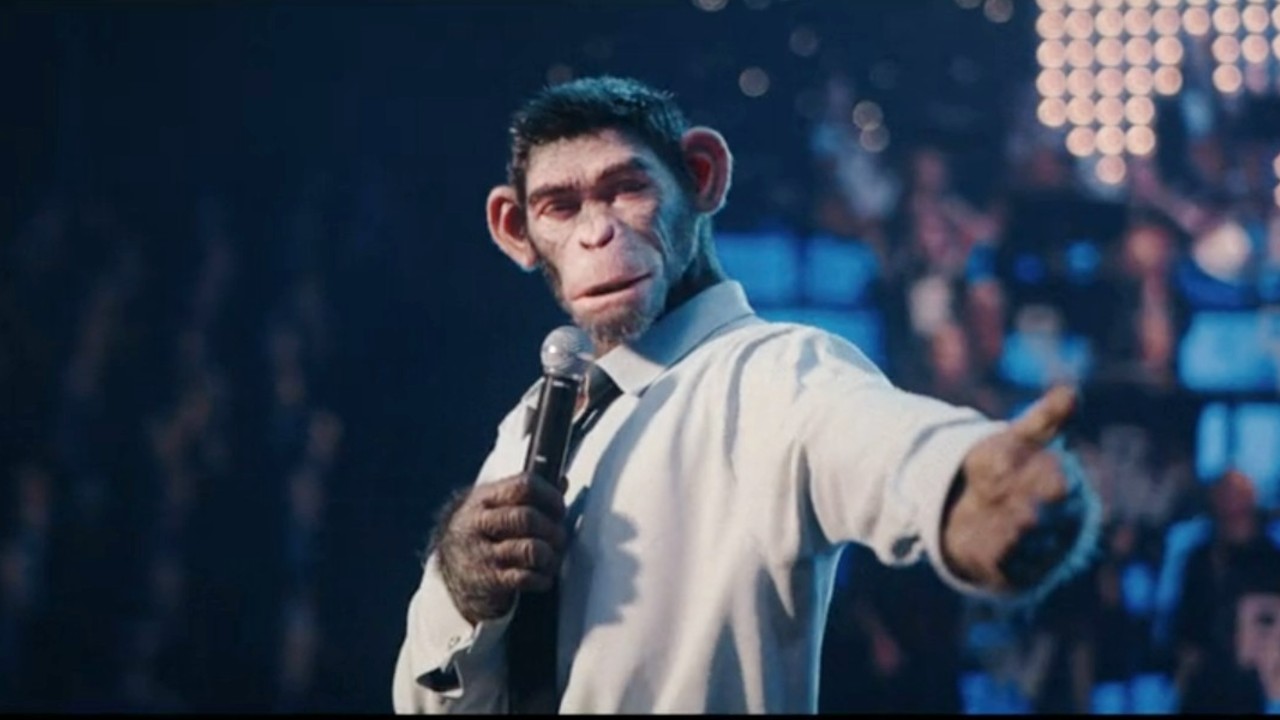
I adore The Greatest Showman, and it’s a movie that has become one of my favorites. It’s one of the great musicals. Therefore, I was immediately excited to learn that the director of that film, Michael Gracey, helmed Better Man. Additionally, Gracey was originally attached to direct another one of my favorite movies and one of the best music biopics, Rocketman. Therefore, naturally, I expected to love Better Man.
When it began, I noticed it had quite a few similarities to Rocketman. I started to wonder, while watching it, if it would copy that movie entirely. Thankfully, the films share some traits, but Better Man finds its own identity. This adds a different layer of depth to it.
Warning: Better Man spoilers are ahead. Proceed with caution.
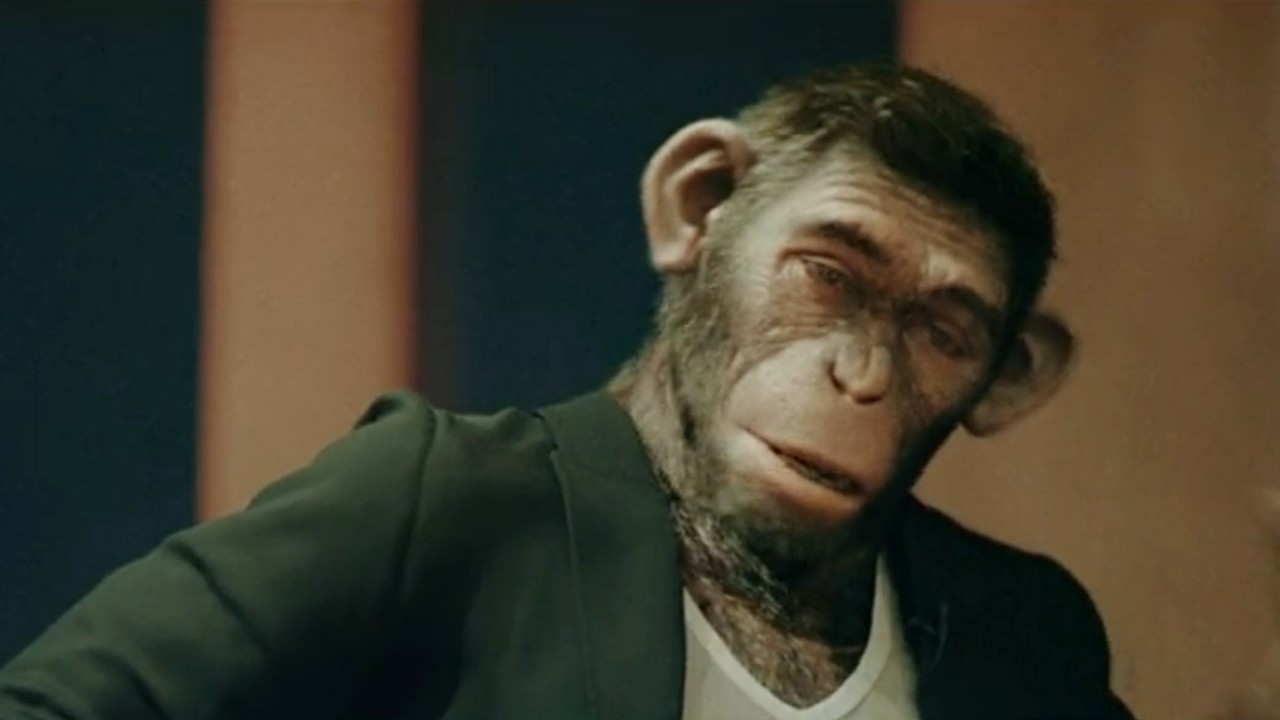
Better Man Mostly Explores Robbie Williams’ Mental State, And I Thought That Gave The Film Depth
Like many biopics, Better Man is about the rise and fall of a mega superstar. It starts with Robbie Williams’s early years and moments that defined him, personally and professionally. It also shows some of his troubles. A major theme and topic throughout is his lack of confidence, even at the height of his career. The film excellently highlights some of the factors that lead to this.
His relationship with his father, Peter (Steve Pemberton), contributes to his lack of confidence at an early age, and their complex relationship continues to haunt him throughout his life. His need for admiration also plays into how his mental health affects his life. Another major storyline revolves around his role in the boy band Take That, and not being respected and taken seriously in it.
He often feels inferior to the Take That lead singer, his bandmate Gary Barlow (Jake Simmance). Better Man heavily leans into the idea that no level of fame can help him feel like enough, satisfied, or happy. It shows that fame isn’t the solution to fix things that cause him to be so critical and reckless with his life.
Many movies about artists tackle similar topics, but that doesn’t make this film any less powerful. Williams’s confidence problems play such a critical role that it’s almost more important than the details behind his rise and fall story.
Your Daily Blend of Entertainment News
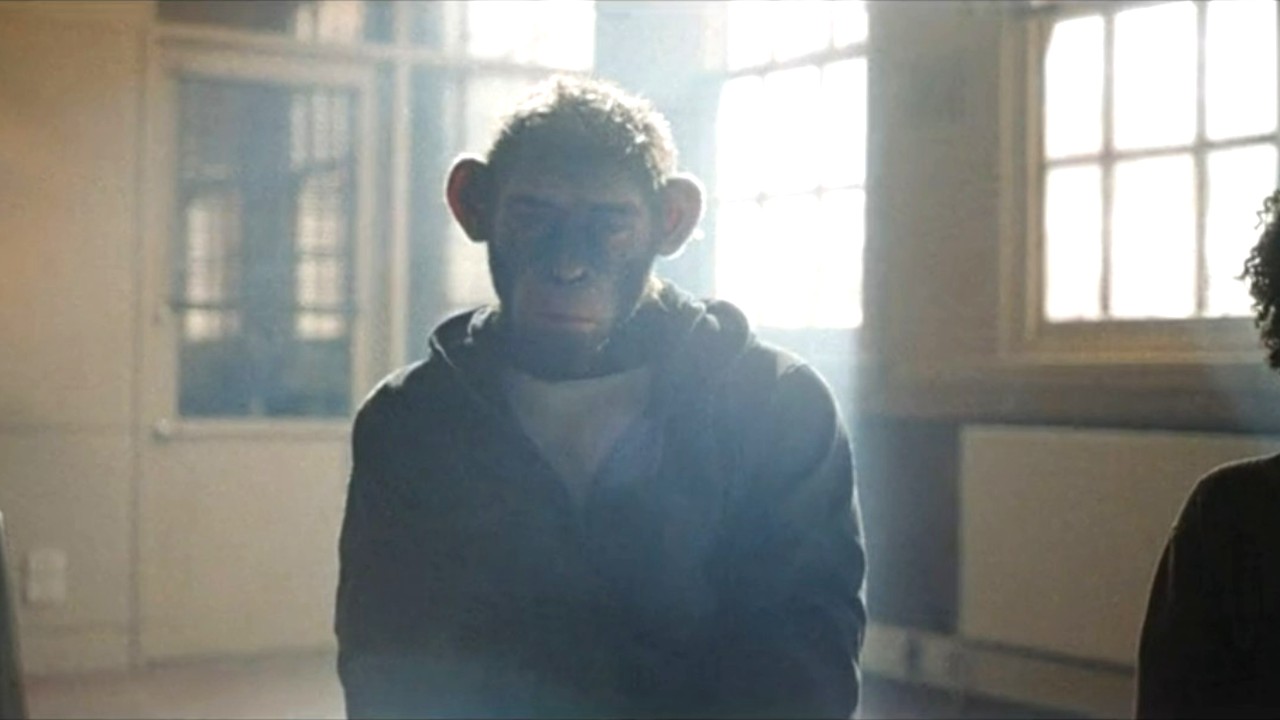
I Have Seen Many Biopics That Deal With Addiction, But This One Really Feels Like It Has A Heavier Focus On Mental Health Than Many
The topic of addiction plays out in many rock-n-roll biographical movies because many music artists find themselves seduced by fame. This sometimes means sex, substances, and intense partying. Williams is not an exception to the rule and finds himself turning towards all the clichéd vices.
However, Better Man focuses a lot on how just having new access to all these things is a part of how addiction develops. Nevertheless, it’s not the main driving force behind why so many actors, writers, painters, and musicians use substances. For many, it’s a deeper issue. For Robbie, it’s his lack of self-worth, inferiority complex, and crippling jealousy and anxiety.
The story knows that addiction doesn’t just have one cause but many, and sometimes that’s because of how mental health factors into someone’s ability to cope with life. It does an excellent job of highlighting that mental health and addiction can be correlated. Many films do a great job tackling addiction, and I have likely seen many of them, but this one connected with me because of how it addresses the topic.
It is so prevalent in the movie and so core to Robbie as a character and person. This story feels just as vulnerable as the ones in movies like Rocketman, especially because Williams narrates it and is alive to tell his side. This makes me hopeful that future music biopics also allow the living subject vulnerability when telling their story.
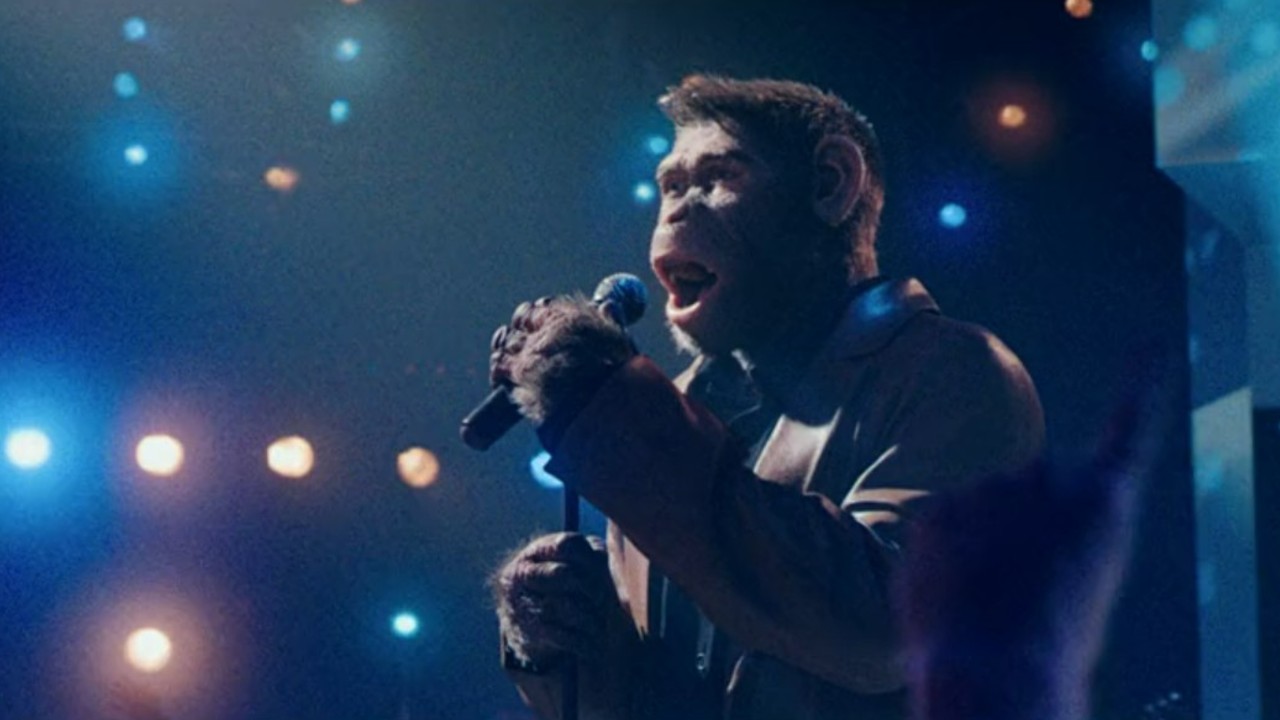
I Like That Robbie Williams Paints Himself As Someone Who's Not Perfect, Not As A Misunderstood Genius
A Complete Unknown is debatably one of the best movies of 2024. I enjoyed it, so this isn’t a diss, but it is what I consider an example of a movie about a misunderstood genius. In the film, Bob Dylan (Timothée Chalamet) isn’t the best guy, but it’s almost excusable because his genius is more important than everything, and even his missteps are still worth it because his passion for art and creation is so powerful. This is just my interpretation of the story after one viewing. A second one may produce a different perspective.
There are many movies about complicated artistic geniuses, but Better Man isn’t one of them. Robbie doesn’t quite put himself on a pedestal with musical legends. He’s someone who enjoys performing and entertaining. The film ends with his father telling him he’s one of the greats, but I don’t think that’s ever where the movie lands. This moment is more about his father finally giving him the praise he so desperately needed all these years.
Robbie seems to understand he’s a bit of a disaster and wasn’t the best person to many people in his life. His pitfalls and failures were his own. He’s someone who grows to love his job, but it all stems from a desire for attention, more than from a deep passion for music and performing. I think it’s good to see films like this, just as much as it is to see ones about these artists who are supremely talented and driven by their music. Sometimes people just enjoy the spotlight, and that’s a valid reason to be an artist, as well.
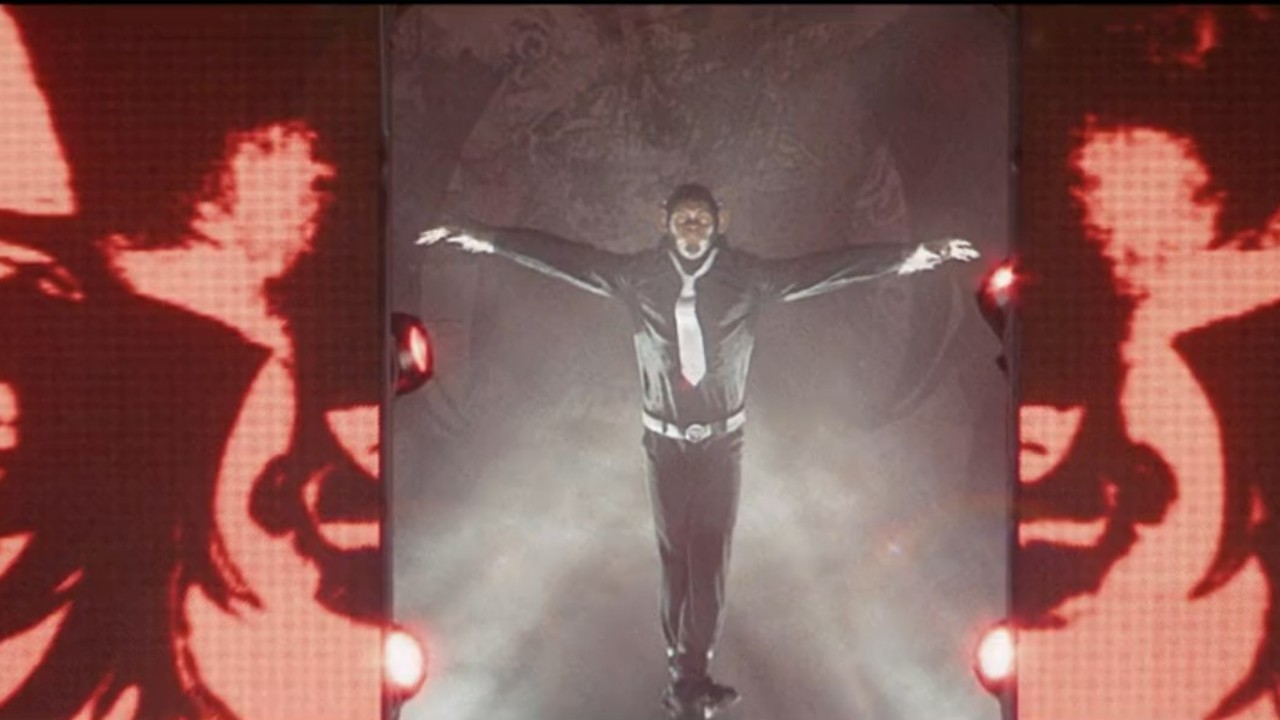
Better Man Is A Lot More Experimental Than Expected, And That Helps Strengthen The Film’s Messages
Better Man takes many risks with how it tells Robbie’s story, some of them a little risque, but all commendable. Towards the end, there is a major action sequence that involves Robbie fighting the many different versions of himself. This adds an unexpected moment that works well.
It effectively demonstrates the concept of him fighting his demons. This manifests in him running from his past selves with a visual representation of him trying to destroy himself, especially his child version. This moment has a callback at the end with him performing for his various versions.
It shows he has now made peace with his past and doesn’t regret his life. These scenes add an entertaining way to get the message across of Robbie’s confidence struggles and healing from them.
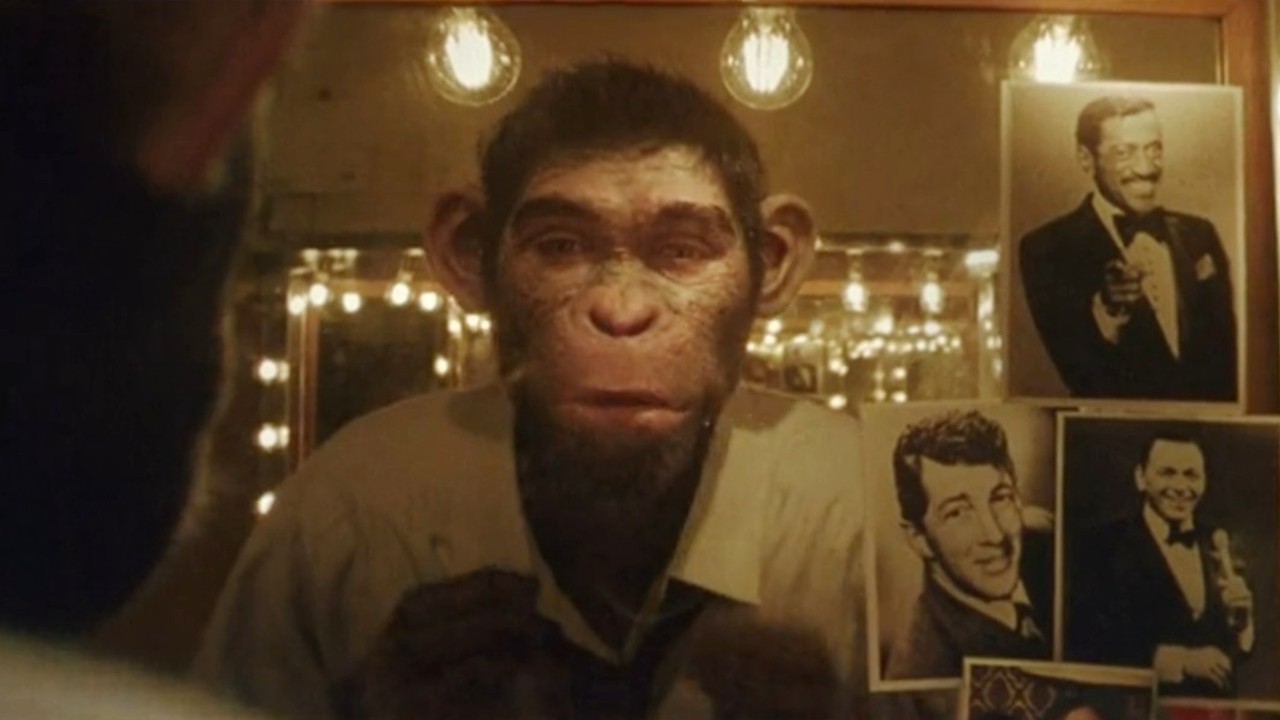
I Thought A CGI Chimp Playing Robbie Williams In The Movie Was A Gimmick, But I Now Think I Understand Why It Went In That Direction
Before watching Better Man, I thought Robbie Williams using a CGI chimp was just a gimmick to get people to talk about the film. That theory likely has some degree of truth. However, after watching, I understand more why he is a chimp. I haven’t read interviews (yet) about the movie, so this is simply my interpretation.
Robbie never quite feels comfortable in his skin. He also feels like a performing monkey; he performs for the audience without ever getting to be just a human. He doesn’t feel like Robbie Williams the man; he’s always Robbie Williams the performing chimp.
It’s a really effective visual representation of his mental state and lack of self-esteem. It’s a bold choice that I think really works once you know Better Man’s context.
The film is more than the chimp gimmick, just like Robbie Williams is more than just a flashy performer. Both are worth your attention.

Spent most of my life in various parts of Illinois, including attending college in Evanston. I have been a life long lover of pop culture, especially television, turned that passion into writing about all things entertainment related. When I'm not writing about pop culture, I can be found channeling Gordon Ramsay by kicking people out the kitchen.
You must confirm your public display name before commenting
Please logout and then login again, you will then be prompted to enter your display name.
